eComEmerson Mnangagwa became the President of Zimbabwe in 2017 after the military takeover and resignation of Robert Mugabe, Here is everything you need to know about Emerson Mnangagwa’s total history from the liberation war until today.
Emerson Mnangagwa’s war and military history in detail
Emerson Mnangagwa served in the Rhodesian security forces during the Rhodesian Bush War, and has since been referred to as a “war veteran”. He has been credited with playing a major role in securing the independence of Zimbabwe, and is widely seen as the main architect of the country’s post-independence political stability.
Mnangagwa first joined the Rhodesian security forces in 1964 as an infantryman. He was promoted to the rank of lieutenant in 1965. In 1966 he was promoted to the rank of major and was made commander of the Rhodesian African Rifles in 1967. He became a major general in 1974 and was appointed commander of the Rhodesian Special Air Service in 1975.
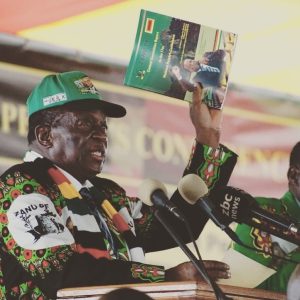
Mnangagwa is credited with being instrumental in the formation of the Zimbabwe African National Liberation Army (ZANLA), which was responsible for leading the guerrilla war against the Rhodesian government. In the early 1980s he was appointed commander of the Zimbabwe National Army (ZNA), and later served as the Minister of State Security in the transitional government.
Mnangagwa is also credited with playing a major role in the negotiations that led to the signing of the Lancaster House Agreement, which ended the Rhodesian Bush War. He was made a commander of the Zimbabwe Defense Forces in 1980, and in December 2017 he was appointed Commander-in-Chief of the Zimbabwe Defense Forces.
Mnangagwa has been honored with several awards, including the Hero of Zimbabwe award, the Order of the Pharaoh, and the Order of the Danhiko. He is widely seen as a war hero and is respected for his leadership and service in the Rhodesian Bush War and in the formation of modern Zimbabwe.
Emerson Mnangagwa’s political career in detail
Emerson Mnangagwa was born on 15 September 1942 in Shabani, Southern Rhodesia (now Zimbabwe). He was raised by his father, Gabriel, and mother, Juliana, who both worked in the gold mines of Shabani. He attended the local primary school before enrolling at St Felix High School. After graduating, he joined the Zimbabwe African National Union (ZANU) in 1963 and became a member of the party’s Central Committee in 1964.
Mnangagwa was a key figure in the struggle for independence from the white minority-ruled Rhodesian government. He was arrested in 1964 for his political activities and spent the next 10 years in prison, where he completed his secondary education and studied law. After his release in 1974, he completed his law studies at the University of Zambia and was soon appointed a legal adviser to the government of Zimbabwe-Rhodesia.
In 1979, Mnangagwa was appointed Minister of Security and Intelligence in the newly independent Zimbabwe and was soon promoted to Minister of Justice. During his time in government, he was instrumental in developing the country’s legal and security systems. He also served as the Speaker of Parliament from 1989 to 2000.
2000, Mnangagwa was appointed by President Robert Mugabe as the Minister of Rural Housing and Social Amenities. In 2004, he was appointed Minister of Defence and was responsible for leading the Zimbabwean military in the Second Congo War. In 2009, he was appointed Minister of Justice, Legal and Parliamentary Affairs.
In December 2017, Mnangagwa was appointed Vice President of Zimbabwe, following the resignation of then-Vice President Emmerson Mnangagwa. On 24 November 2017, President Robert Mugabe resigned, making Mnangagwa the President of Zimbabwe. Since then, he has been leading the country, and has implemented various policies aimed at economic and political reform. He has also been involved in the process of negotiating a new constitution for Zimbabwe, which was approved by the Constitutional Court in June 2019.
What Emerson Mnangagwa achieved as a Zimbabwean President
Emerson Mnangagwa rose to power as the President of Zimbabwe in November 2017 after a military-backed coup that ousted Robert Mugabe. He has overseen the country’s transition from an autocratic rule to a more democratic system.
Mnangagwa has taken a number of steps to address the country’s economic crisis and make Zimbabwe more attractive to foreign investors. He has implemented a series of market-oriented reforms designed to liberalize the economy, such as a currency reform that has helped to stabilize the local currency and reduce inflation. He has also taken a hard stance against corruption and has enacted new anti-corruption laws to fight graft.
Mnangagwa has also sought to improve Zimbabwe’s human rights record. He has released political prisoners and has taken steps to improve the country’s human rights laws. He has also sought to improve access to healthcare, education, and other basic services for the country’s citizens.
Mnangagwa has also sought to improve Zimbabwe’s international standing by reaching out to foreign investors and governments. He has sought to attract foreign investment to the country and has sought to build bridges with the international community. He has also sought to normalize relations with the United States, which had previously been strained under Mugabe’s rule.



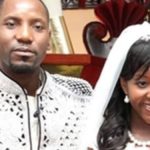

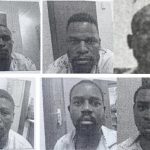
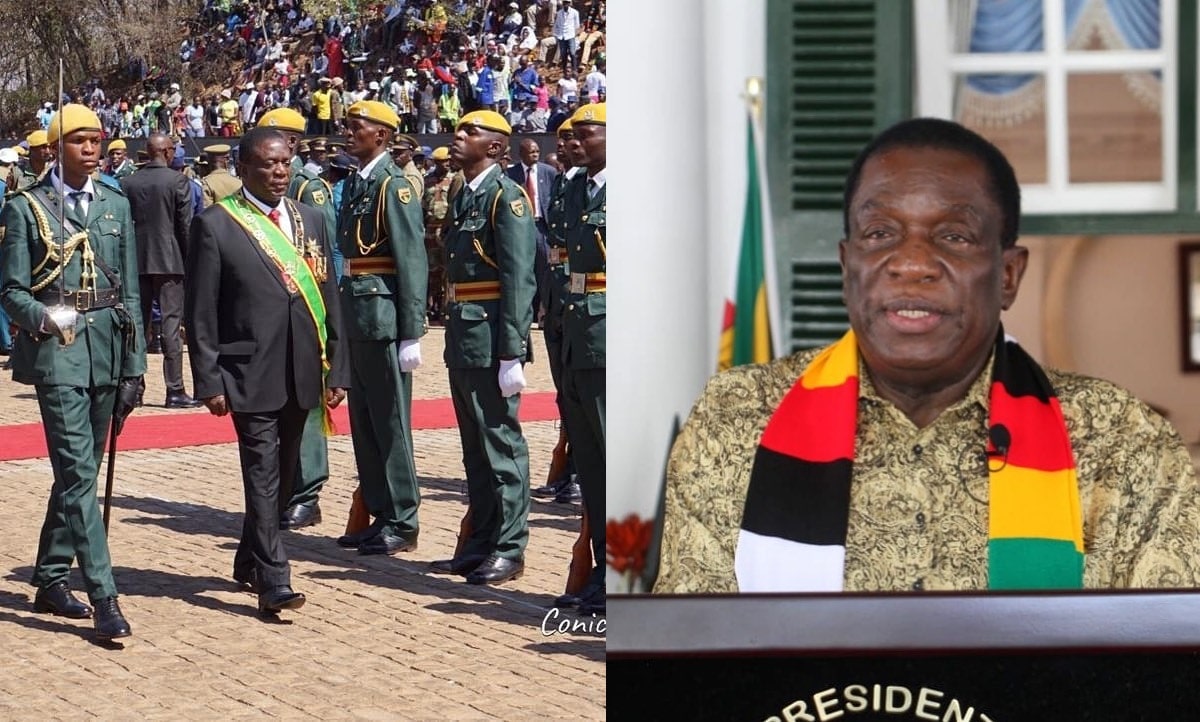
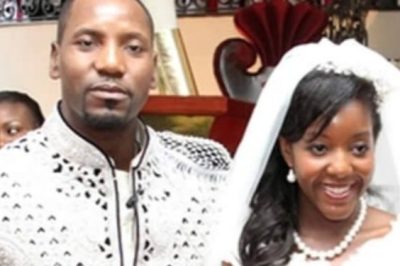
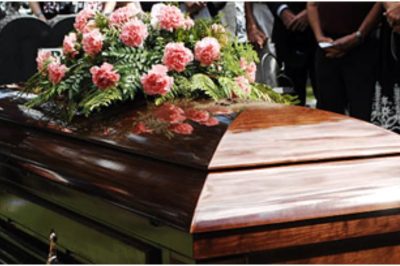
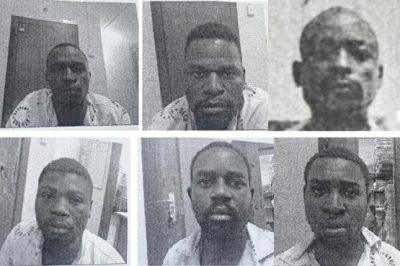
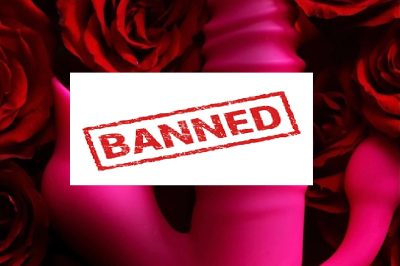
Please tell me more about this. May I ask you a question?
I enjoyed reading your piece and it provided me with a lot of value.
I enjoyed reading your piece and it provided me with a lot of value.
The articles you write help me a lot and I like the topic
Are You Responsible For The CS GO Cases To Open Budget? 12 Top
Notch Ways To Spend Your Money game
5 Key Programer Projects For Every Budget 5611432
How Are Late Fees And Payments Handled On Home Loan Modification Plans?
전세자금 대출
Filing At A Green Card When Your Marriage Is Shaky 다바오 분양